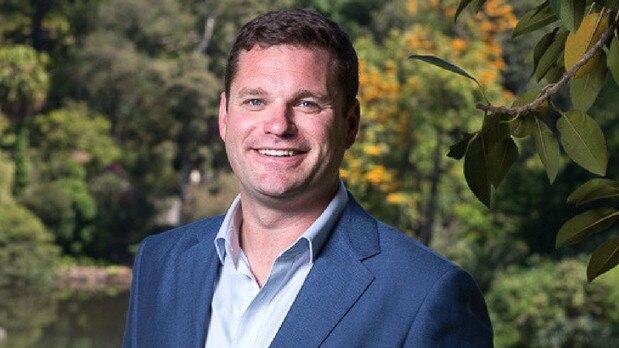Retirement’s “squirrel effect”: why hoarding money is unnecessary
Fear is stopping seniors from spending enough cash in retirement and some risk becoming the “richest person in the graveyard”.
Older Australians are spending too much time worrying about their money instead of spending it, retirement specialists say.
Many are overly stressed about running out of money, they say, while recent research from Super Consumers Australia found people have “grossly inflated ideas” about how much they need to retire.
Financial strategist Theo Marinis calls it “the squirrel effect”: like hoarding nuts, people think they can never have enough money stashed away.
“Invariably people pass away with lots of money because they were too scared to spend it,” Marinis says.
“You don’t want to be the richest person in the graveyard.”
Joe and Anna Grillo, aged 71 and 64, are happy to spend their nest egg and share a philosophy of “don’t wait until you can’t do it”.

“Our retirement has been a blessing … we balance our short holidays in between looking after our grandchildren,” Anna says.
“We come from an Italian family that believes you leave it to the kids when you pass, and they never spent their money.
“This is not our belief. We believe we should spend it now, and enjoy it with family and friends – this is a far greater reward.”
Super Consumers Australia says super industry standards for a comfortable retirement reflect the top 20 per cent of retirees, not the majority.
Its director, Xavier O’Halloran, says many people over-save for retirement and are left with a lower standard of living during their working lives.
People can maintain living standards in retirement with less money because mortgages are repaid, taxes are lower or zero, and the age pension is a safety net.
O’Halloran says annual pension income – up to $25,600 for a single and $38,700 for a couple – should be factored into retirement projections.
“For many Australians, the pension is their main source of income in retirement, but it’s often overlooked,” he says.
“ASIC’s Moneysmart has a useful retirement planner calculator that shows how much income you’re on track to receive in retirement from both your super and the age pension.”
Tribeca Financial chief executive officer Ryan Watson says his firm often sees clients being too conservative in retirement’s early stages when they should be spending their money on experiences and loved ones.

“The key to understanding how much money someone will need in retirement is in the understanding of what type of financial lifestyle they want to lead – travelling in a caravan around Australia, travelling business class to Europe each year or somewhere in between,” he says.
Watson says retirees’ spending “decreases significantly” by their mid-70s.
“They tend to travel less and just generally stay closer to home – this in turn decreases their spending by 20 per cent to 30 per cent on an annual basis,” he says.
Marinis says retirees and people approaching retirement should monitor current spending, and factor in the age pension reducing expenses in the future.
“If you don’t travel by your late 60s or early 70s you might miss out,” he says.
HOW TO BEAT A HOARDING HABIT
• Know what you spend now, and use moneysmart.gov.au’s retirement planner calculator to project retirement income.
• If you’re a homeowner, you will need an estimated 70 per cent of your working life income to maintain living standards.
• Understand what you want from retirement by creating a to-do list with headings include Live, Love, Learn, Legacy and Laugh.
• Consider how much inheritance you want to leave, if any.
• Build a relationship with a financial adviser, and don’t be afraid to ask dumb questions.
Source: Tribeca Financial, Super Consumers Australia






To join the conversation, please log in. Don't have an account? Register
Join the conversation, you are commenting as Logout